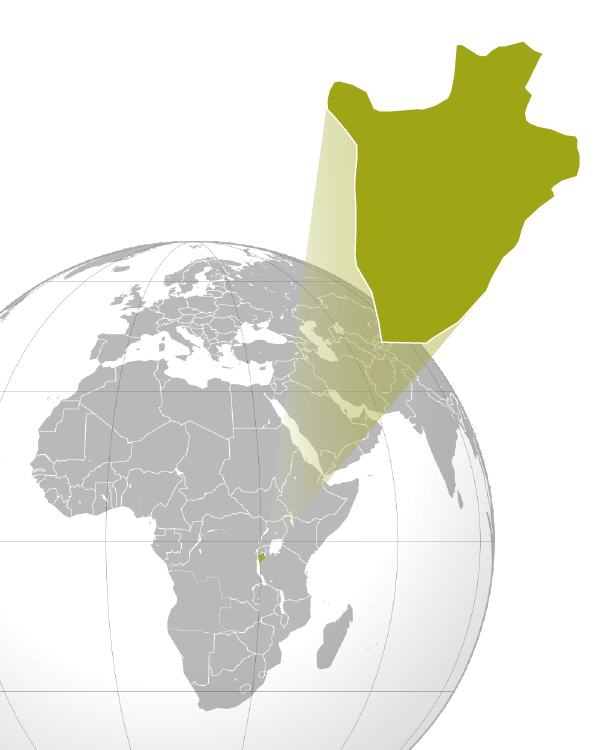Burundi is plagued by a high burden of mortality and morbidity due to Malaria. Malaria is responsible for up to 60% of all outpatient visits and up to 50% of deaths occurring in health facilities among children under five years of age. Almost the entire population of Burundi lives in areas at risk of malaria. This burden is compounded by a weak pharmaceutical sector, which faces challenges in quantification, requisition and distribution, poor information management systems, and poor prescribing practices for malaria case management, resulting in frequent stock-outs of commodities. Due to these challenges, SIAPS is focused on measures to address the phenomena.
In line with the above scenario, SIAPS’ USAID-funded predecessor Strengthening Pharmaceutical Systems (SPS) laid solid groundwork in addressing the pharmaceutical management challenges in malaria control in Burundi, building capacity of the PNILP, and provided assistance in the development of strategic policy documents for better malaria control and treatment.
Based on thorough assessments of the pharmaceutical system and pharmaceutical management information systems of Burundi, SPS developed written standard operating procedures (SOP) for pharmaceutical management, including tools on requisition and supportive supervision for appropriate management of antimalarial commodities, for the district and facility level pharmacies and trained all associated pharmacists and store keepers throughout the country.
SPS, in coordination with other implementing partners, determined the feasibility of using Community Health Workers (CHWs) to diagnose and treat fevers in the community. Based on the findings SPS developed an implementation plan and draft tools for the management of Artemisinin-based combination therapies (ACTs) and RDTs in the community to include trainings of CHWs on pharmaceutical management, ordering and reporting tools for treated cases, and the appropriate monitoring of stocks.
SPS also worked at the national level to advocate for a national quantification committee of essential medicines, supported the MoH in the coordination of partners under the “Groupe Thematique Medicament”, worked with the National Malaria Program (PNILP) to update the treatment protocol for malaria, and supported the PNILP and the Global Fund in the quantification of ACTs and RDTs needed as a 6 month buffer stock.
SIAPS will continue to build upon the work carried out by SPS to ensure that pharmaceutical sector governance is strengthened, capacity for decision-making challenges in the pharmaceutical sector are addressed, and that pharmaceutical services are improved to achieve desired health outcomes.
SIAPS will focus on efforts to address the above problem. The approach will be multifold:
- Strengthen the organizational and management Capacity of the PNILP to develop policies and strategies for malaria control in Burundi.
- Strengthen the capacity of PNILP, Centrale d’Achat de Médicaments Essentiels du Burundi (CAMEBU, Burundi’s essential drug purchasing agency), and the Directorate of Pharmacies, Medicines and Laboratories (DPML) in the areas of malaria and pharmaceutical management.
- Improve Patient Safety and Rational Use of Malaria Commodities.


